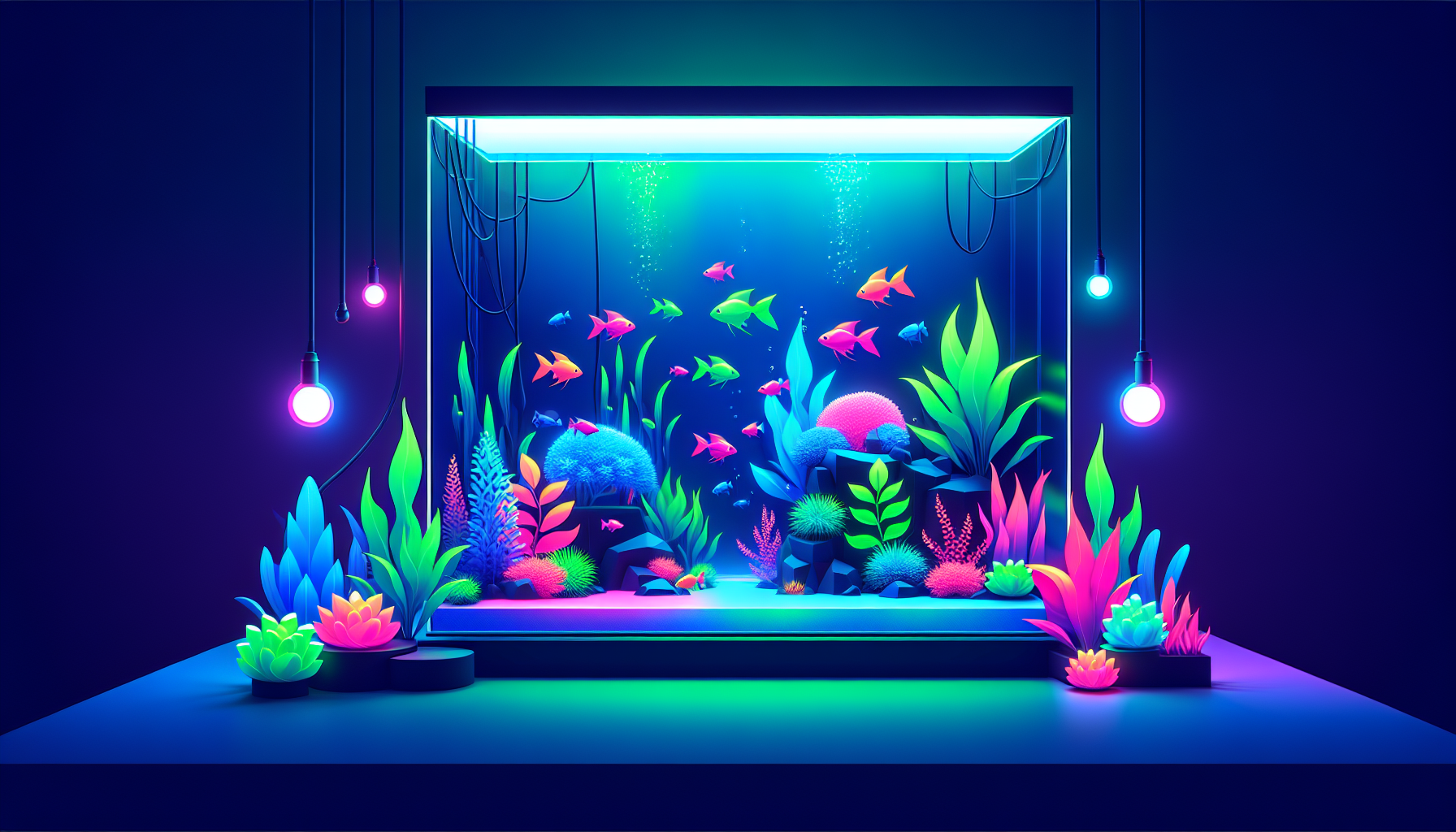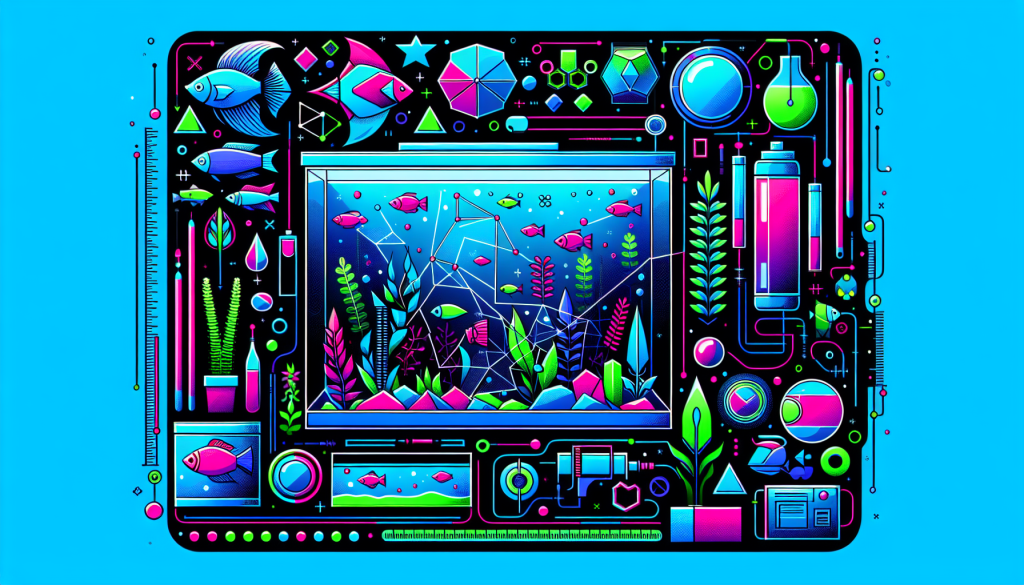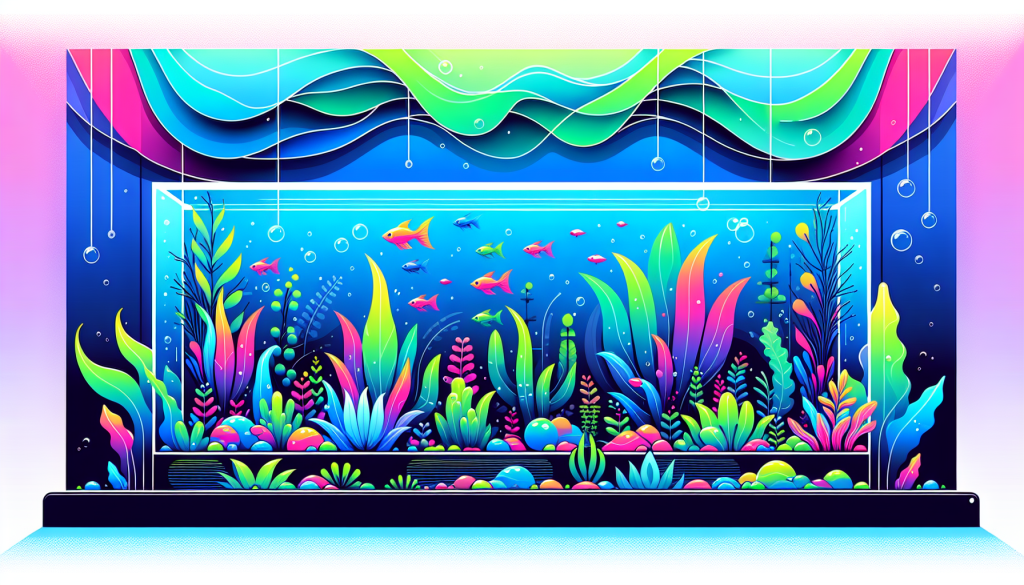The Science Behind Creative Block Cures
Unlock your aquascaping creativity with science-backed techniques and expert strategies.
Understanding Creative Block in Aquascaping
Every aquascaper—whether beginner or advanced—eventually encounters a creative block. That moment when inspiration dries up, and even your best ideas seem lackluster. But what causes this creative standstill, and how can you overcome it in your next aquascape?
Creative block isn’t just “all in your head”—it’s a real phenomenon well-studied in neuroscience and psychology. When working on intricate tasks like aquascape design, our brains process a mix of inspiration, logical planning, and fine motor skills. If any part of this process is overtaxed, stress and fatigue can set in, making it challenging to generate new ideas.
The Science of Creativity: What Happens in Your Brain?
Creativity is a complex trait involving multiple brain regions, especially the prefrontal cortex, responsible for decision-making and innovation. When you’re designing your planted aquarium or scaping a new tank, your brain is actively blending imagination with technical skill—balancing artistic vision and practical considerations like lighting, substrate choice, and water parameters.
However, when you’re creatively blocked, stress hormones such as cortisol rise, which can inhibit the flow state necessary for creative work. Factors contributing to creative block often include:
- Mental fatigue from overworking your creativity
- Pressure to produce “perfect” results
- Lack of new stimuli or inspiration
- Information overload
Proven Creative Block Cures for Aquascapers
Fortunately, modern research offers several strategies to help your brain break free from a rut. Here are some science-backed approaches tailored to aquascaping enthusiasts:
1. Change Your Environment
Switching up your workspace can have a surprisingly powerful effect on your brain. Take a walk outdoors, visit an aquarium store, or simply rearrange your tools and materials. Exposing yourself to new visuals and ideas can stimulate creative neural pathways.
2. Embrace Rest and Reflection
Short breaks and quality sleep help your brain process information subconsciously. If you’re stuck composing a hardscape layout, step away and let your mind wander. This “incubation period” often leads to breakthrough solutions.
3. Seek Inspiration from Other Aquascapes
Browse photo galleries, aquascape showcases, or online communities for creative ideas. Studying different styles—like Iwagumi, Dutch, or jungle aquascapes—can spark new directions and overcome tunnel vision.
4. Limit Your Choices
Paradoxically, reducing options can boost creativity. Challenge yourself to use only certain plant species or hardscape materials. This focused approach helps your brain see new possibilities within constraints, making your designs more innovative.
5. Practice Mindfulness and Meditation
Regular mindfulness exercises lower stress hormones and increase cognitive flexibility. Try short breathing sessions before working on your aquarium, or meditate while observing your fish and plants. This calms the mind and opens space for fresh ideas.
Applying Creative Block Science to Your Next Aquascape
Understanding the science behind creative blocks makes it easier to overcome mental barriers in aquascaping. By integrating strategic rest, seeking inspiration, and practicing mindfulness, you’ll not only revitalize your creativity but also enhance your overall aquascaping experience.
Remember: even the most seasoned aquascapers hit roadblocks. What counts is how you respond—using proven, scientific methods to turn frustration into progress.



